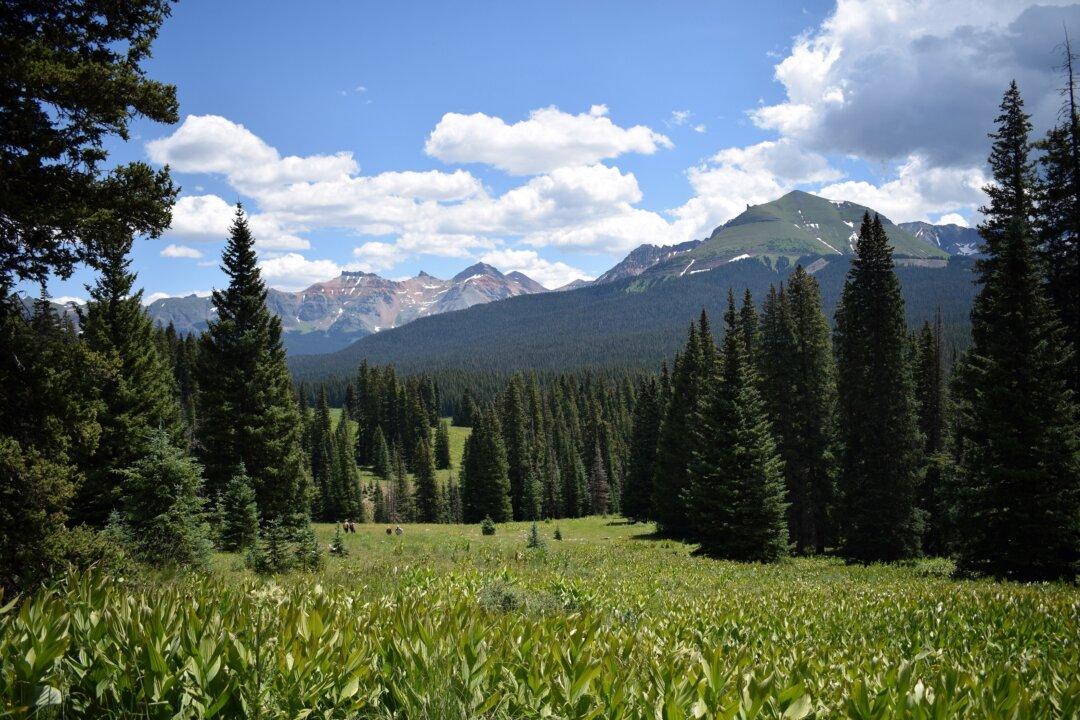TELLURIDE, Colorado—Let me warn you about getting into a car with birders. You might have a destination, but there’s no telling when you’ll get there.
That’s because those eagle-eyed creatures—and I’m talking about the people—are trained to detect even the slightest flick of wings or a silhouette resting on a tree branch—which a mere urban mortal like me only perceives as blurs—and will stop the car at each sighting, scope and binoculars out and at the ready.






